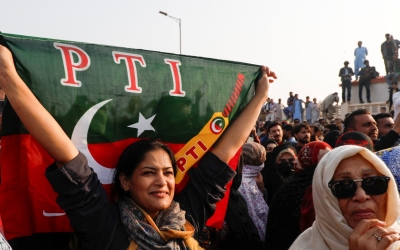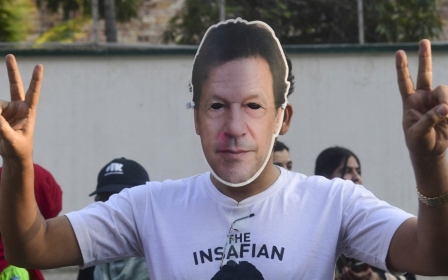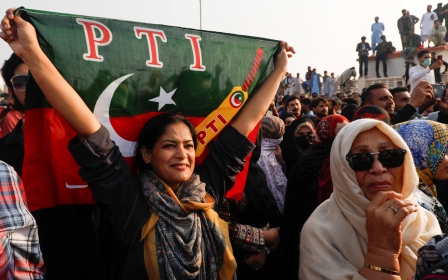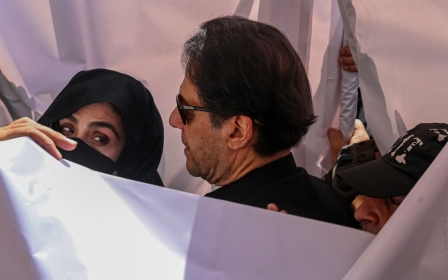US lawmakers call on Biden to withhold recognition of Pakistan's new government
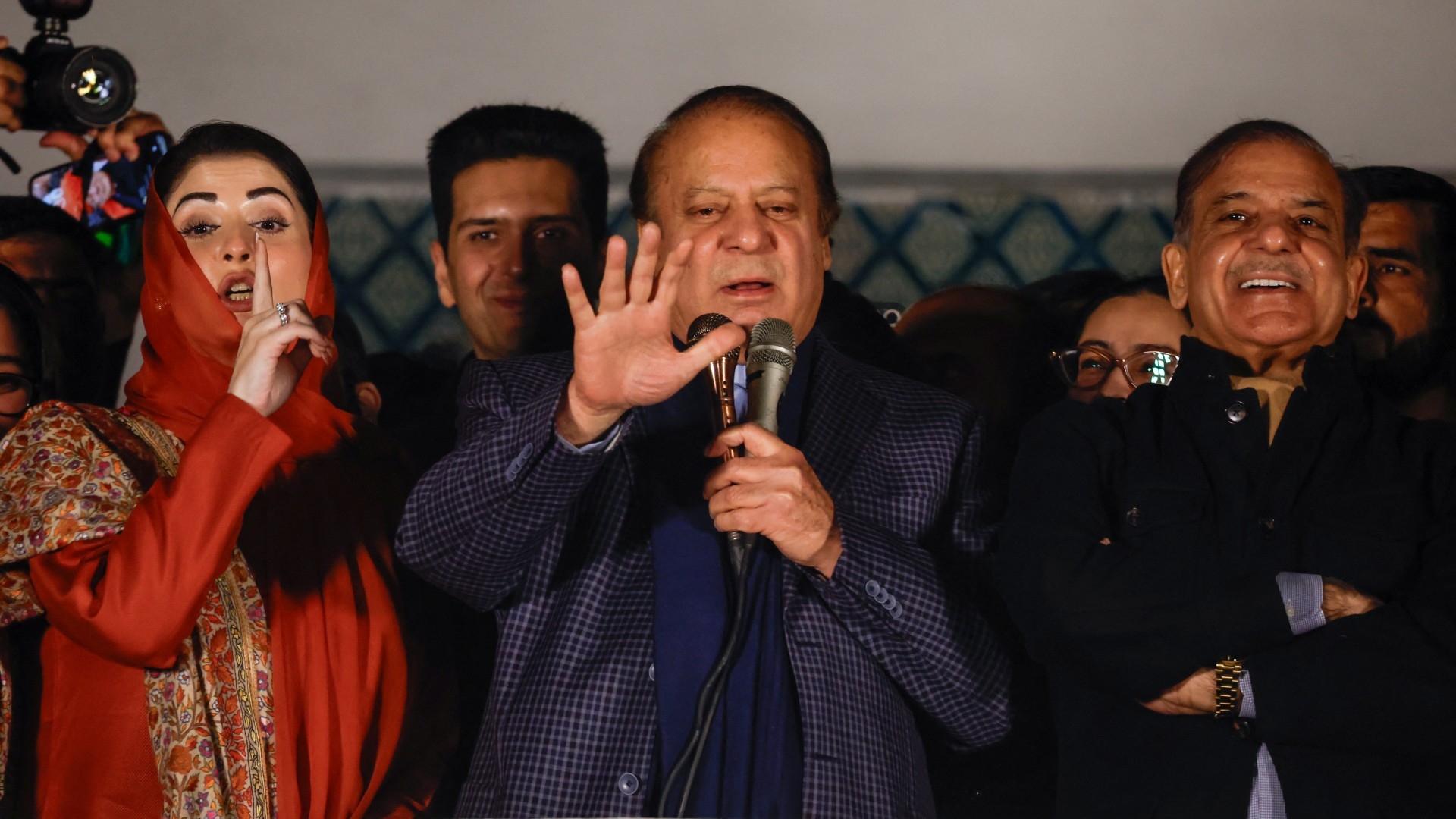
Over two dozen members of the US House of Representatives have called on President Joe Biden not to recognise Pakistan's new government over concerns that the February election was rigged.
The members of Congress, led by Representatives Greg Casar and Susan Wild, released a letter to the president and Secretary of State Antony Blinken on Wednesday, expressing concerns about pre and post-rigging of Pakistan's polls and urging them to "stand with the Pakistani people and defend democracy in Pakistan".
"The Pakistani people came out in large numbers to have their voices heard, despite allegations of pre-poll rigging. It is in the US interest to ensure the results of this election represent the will of the people, not the Pakistani elite or the military,” said Congressman Casar in a statement on his website.
The letter recommends that recognition of Pakistan's government should only be granted after a thorough, transparent, and credible investigation of election interference has been conducted, and anyone in prison as a result of "political speech and activity" has been released. The letter added that the State Department should gather information and advocate for "their release".
The letter states that former prime minister Imran Khan was "sentenced to prison terms of 10 years and 14 years on questionable charges of leaking state secrets and corruption".
New MEE newsletter: Jerusalem Dispatch
Sign up to get the latest insights and analysis on Israel-Palestine, alongside Turkey Unpacked and other MEE newsletters
Pakistan's elections took place on 8 February without a clear ruling majority for any of Pakistan's three major parties: Pakistan Tehreek-e-Insaaf (PTI), Pakistan Muslim League-N (PML-N) and the Pakistan People's Party (PPP).
Umer Karim, a researcher at the University of Birmingham, wrote that the "electoral field had been designed to diminish any chances for Khan's success", citing the the PTI party's top leadership and heavy restrictions on PTI’s ability to campaign, in addition to its electoral symbol being banned.
Despite what observers saw as a skewed playing field, independents (PTI-backed candidates who could not run under their party name) won the highest number of seats at 93, followed by PML-N and PPP with 75 and 54 respectively. A simple majority of 134 seats is required by a party or coalition to form a government and the PML-N and PPP have since aligned to form the federal government.
Pakistan Democracy Watch says it has documented over 500 incidents of electoral manipulation including throttling of internet and mobile phone services countrywide; polling stations not opening on time; polling agents of specific political parties not allowed inside polling stations; slow polling processes with long queues observed near end time; reports of results being withheld and delayed, as well as stark discrepancies in results between separate polling forms among others.
The representatives' letter states: "Given the strong evidence of pre- and post-poll rigging, we urge you to wait until a thorough, transparent, and credible investigation has been conducted before recognizing a new Pakistani government.
"Without taking this necessary step, you risk enabling anti-democratic behavior by Pakistani authorities and could undermine the democratic will of the Pakistani people."
A state department spokesperson told Middle East Eye that it welcomes "congressional support for transparency" and that it is the position of the administration that it will "work with any government chosen by the people of Pakistan".
"Challenges to election results, brought by political parties from across the political spectrum, remain ongoing, and we will continue to monitor these developments closely."
Targeting Pakistan's military
The letter has been signed by several prominent members of Congress, including Jim McGovern who co-chairs the Tom Lantos Human Rights Commission and Pramila Jayapal who heads the House progressive caucus, as well as representatives Ilhan Omar, Rashida Tlaib, Ro Khanna, Summer Lee, Jamaal Bowman, and Barbara Lee among others.
The letter has been endorsed by the Center for Economic and Policy Research; Community Alliance for Peace and Justice; First Pakistan Global; Global Peace Seekers; Just Foreign Policy; MPower Change Action Fund; Now or Never; and the Save Pakistan coalition.
Pakistan's all-powerful military, which previously backed Imran Khan until a falling out, is widely seen as the power broker pulling the strings behind election irregularities and clearing the way for PML-N's previously exiled former prime minister Nawaz Sharif's return to Pakistan.
Members of Congress endorse this view and state in the letter that the US must "make clear to Pakistani authorities that US law provides for accountability for acts that violate human rights, undermine democracy, or further corruption, including the potential for military and other cooperation to be halted".
The US provided Pakistan with some $33bn in aid, primarily to the military, from 2002 until 2018 to aid and "reimburse" Pakistan for its fight against militants as part of the "War on Terror". Most of that money has dried up since 2018, when former US President Donald Trump decided to cut back on aid to Pakistan.
Khan, who is still in prison in Pakistan, had a tumultuous relationship with the US and blames the US government in part for his removal from power.
Middle East Eye delivers independent and unrivalled coverage and analysis of the Middle East, North Africa and beyond. To learn more about republishing this content and the associated fees, please fill out this form. More about MEE can be found here.


